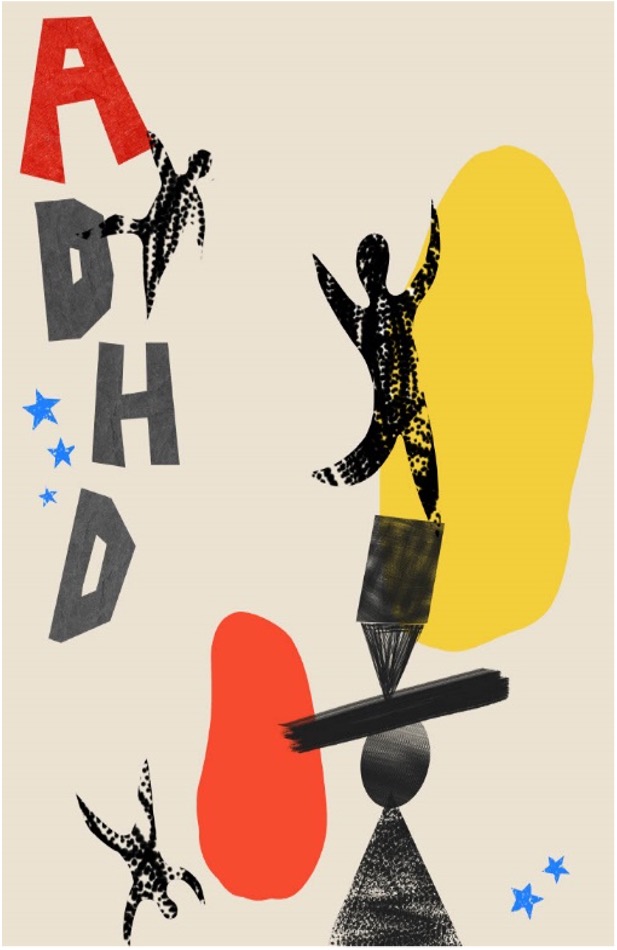
In 2020, as part of my MEd (SEND) research project, a participant wrote, “…students with ADHD seem to be forgotten by the DSA…”. For anyone not familiar with DSA, it is a key source of support for students with disabilities and additional needs in UK higher education. As such, it is a major influence on how accessible universities are for these students.
The participant was hinting at the fact that DSA doesn’t consider ADHD as a specific condition in its own right for the purposes of allocating support. Rather, ADHD is counted as a Specific Learning Difficulty (SpLD) along with conditions such as dyslexia and dyspraxia. One consequence of this is that DSA doesn’t keep monitoring data that is specific to ADHD and therefore, we can’t tell exactly how many students with ADHD are in UK universities or their attainment and withdrawal rates. Unfortunately, this leaves us knowing very little about what’s happening with students with ADHD. How then can we quality assure and improve university experience for these students without this information? The answer is that we can’t, and this is a problem that needs attention.
In my role as a DSA specialist study skills tutor, there is also another consequence of categorising ADHD as an SpLD. This stems from the fact that students with ADHD are referred to a study skills tutor specialising in SpLD where training and qualifications are historically based around dyslexia and more general SpLD. Therefore, are students with ADHD currently supported by tutors who have a good understanding of ADHD? Again, we can’t answer this question. However, we do know that educator knowledge of ADHD is very important for school children to help counter negative self-image and improve educational success.
As a study skills tutor this made me think about the type of support myself and other tutors give to our students with ADHD. This raised yet more questions. For example, what do tutors and students feel about study skills support for those with ADHD? What strategies and approaches work best for these students? There is little research available to answer these questions and what does exist is based outside of the UK. To my knowledge there is no specific research on DSA study skills support for UK higher education students with ADHD.
Therefore, my PhD research project sets out to explore these themes and others by asking university students with ADHD and their study skills tutors about their experience of this type of DSA support. In addition, this project aims to compile an evidence-based toolkit of strategies and approaches for study skills tutors and other education professionals to use to enhance support for these students. I am currently in the data collection stage of this project, and it will be exciting to see if I can help to answer some of the questions above. This stage will involve a survey to gather initial information from as many students with ADHD (either diagnosed or who experience symptoms associated with ADHD) and study skills tutors as possible.
If this research is relevant to you and you would like to participate, I have added the links below. I would be very grateful if you could consider sharing the links with your colleagues and communities to enable more people to have their voices heard.
Thank you for taking the time to read about my PhD research.
___________________________________________________________
Are you a study skills tutor who supports students with ADHD?
Would you be willing to complete a questionnaire about your experience?
Link for study skills tutors: https://forms.office.com/e/u1ZD0u88w7
__________________________________________________________________________________
Are you a university student with ADHD who has experience of DSA study skills support?
Would you be willing to complete a questionnaire about your experience?
Link for students: https://forms.office.com/e/Qxzh2xcYV0
____________________________________________________________________________________

Andrea is a distance learning and part-time PhD student in the School of Education. Having previously taught for 12 years in prison education, she has worked as a Disabled Students’ Allowance study skills tutor since 2016. Her research project focuses specifically on DSA support for students with ADHD and is currently at the beginning of the data collection phase. Questionnaires and interviews will take place during the spring and summer of 2024.
